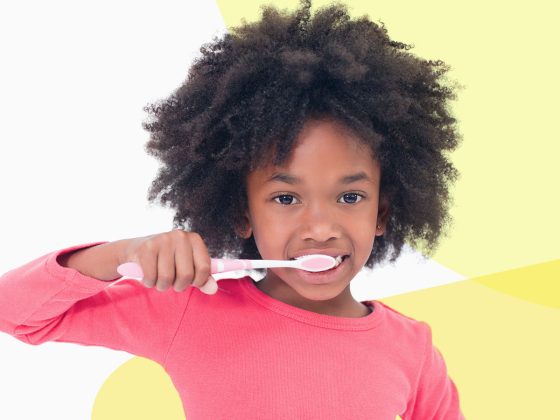
Learning in the Morning
Turn your child's morning routine into a time for learning!
Getting Dressed
- Help kids figure out the steps in getting dressed (“Which go on first—your socks or your shoes?”).
- Kids can also practice zipping, buttoning, and telling left from right.
- Investigate the concepts of “same” and “different” as kids get dressed. “Would my foot fit in your shoe? Why not?”; “What color are your socks? Can you see other clothes in the drawer which are that color, too?”
Breakfast Time
- Kids can learn the relationship between a whole and its parts as you cut a piece of fruit in half and then in quarters.
- Enjoy a five-senses breakfast. For instance, encourage kids to see, smell, touch, and taste their toast.
- As kids eat, help them learn where foods come from. “Who grows our food?”; “What drink comes from a cow? Where do apples grow?”; “What food do chickens lay?”
- Talk about the day’s plans: “What will we do today? What will happen, first, next?”; “What shoes would be good for playing in the park later?”
Going to School
- Help kids recognize and name letters and numbers by having them find some on the way to school.
- Use kids’ arrival at child-care or a friend’s or relative’s home to practice social skills, such as greeting others. Encourage kids to look around the room and talk about activities that would be fun to do with a friend.
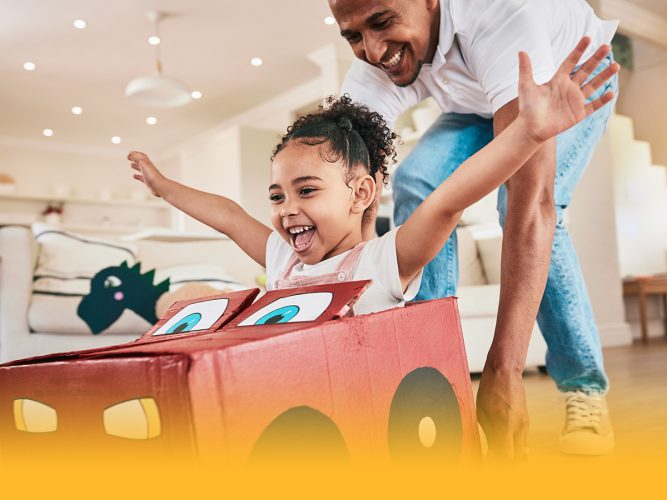
The Power of Following Children’s Lead
Joining children in their play offers so many opportunities to encourage, communicate, bond, spark and share joy, teach, show warmth and kindness, and help them thrive.
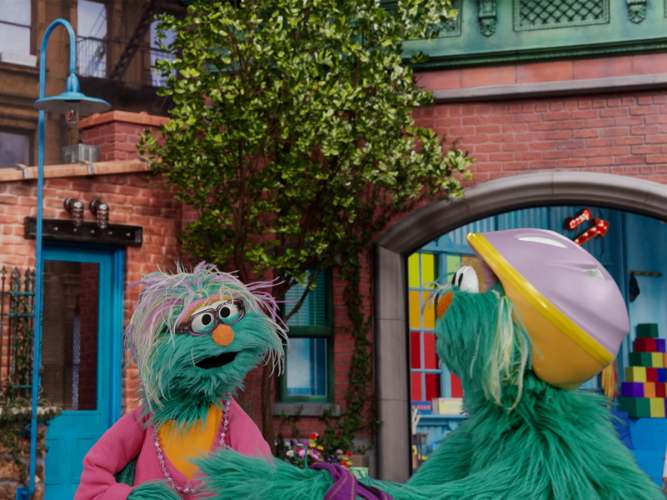
Parenting Moment: Describing
The way you talk with children matters! Your words have power.
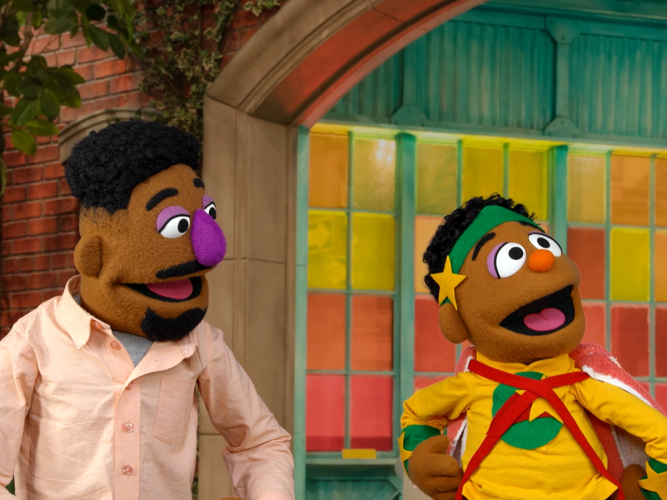
Parenting Moment: Imitating
Playing is learning! The way you play with children matters… your actions and words have power.
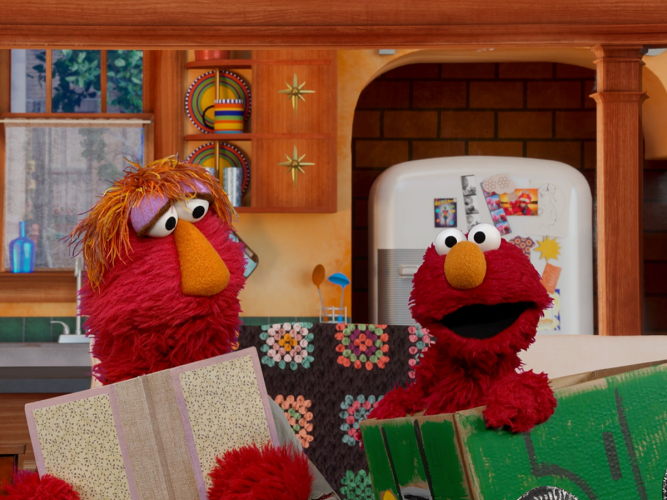
Parenting Moment: Reflecting
The way you talk with children matters… your words have power!
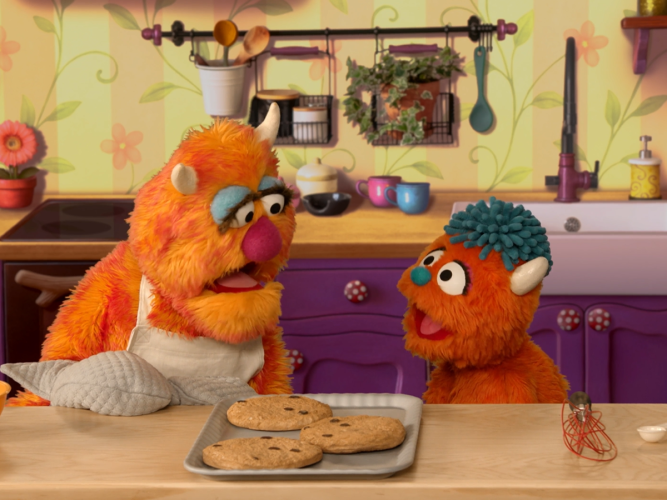
Parenting Moment: Enjoying!
Showing you enjoy your time together with your child builds your special bond. And when you’re being positive, your little one is more likely to do the same.
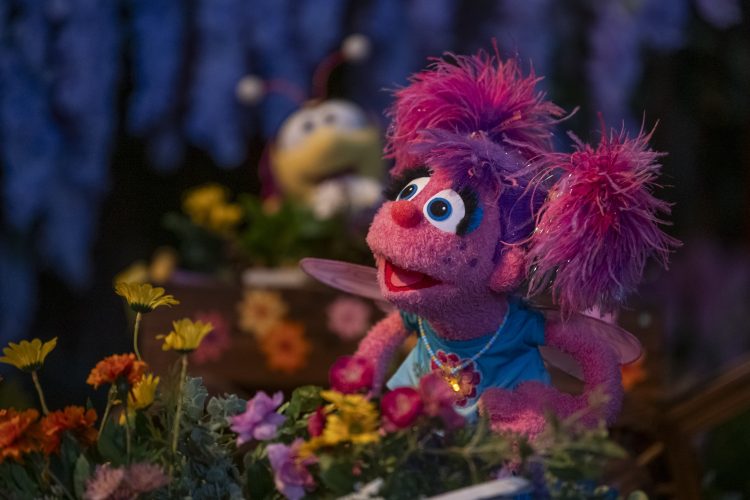
Watch and Play: Abby's Magical Beasties
Watch this episode and explore ways to extend the learning at home.
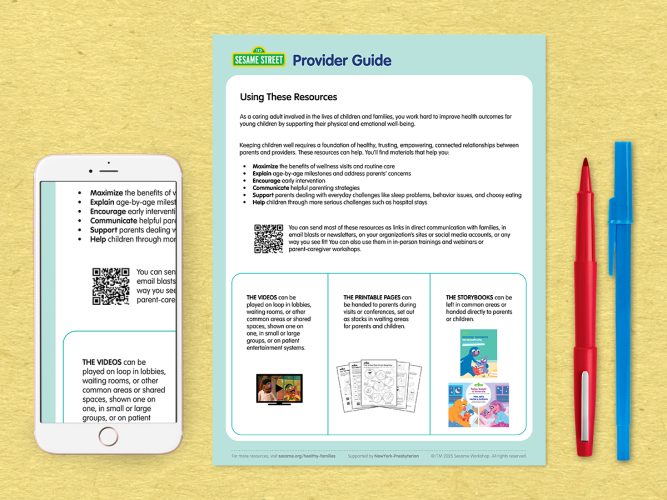
For Providers: Using These Resources
Print and refer to this page as you implement the materials in this initiative.
